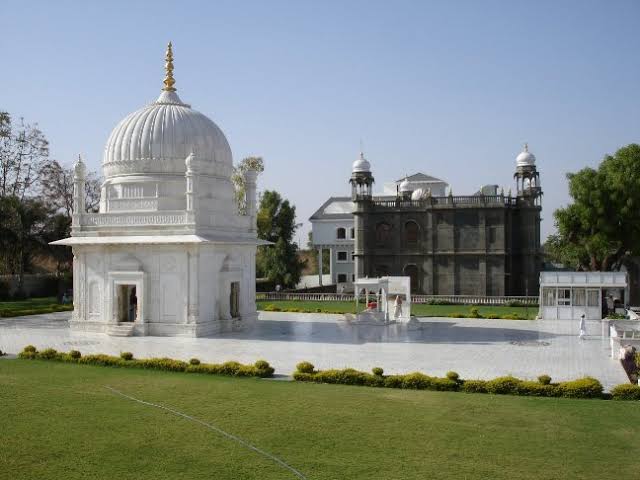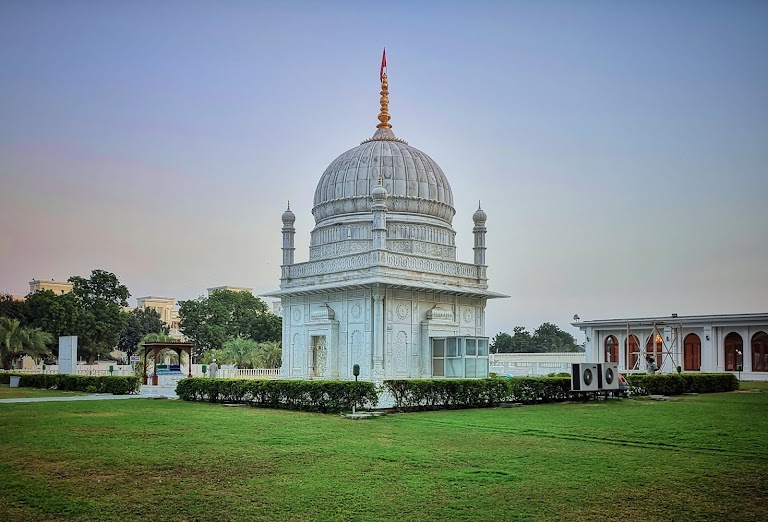

Nestled in the tranquil village of Galiakot, Rajasthan, the Dargah of Syedi Fakhruddin Shaheed stands as a revered shrine, commemorating the life and sacrifice of a devoted saint. Syedi Fakhruddin was the son of Raja Tarmal, a Rajput vizier of Khambat, who embraced Islam alongside his brother, Raja Bharmal, under the guidance of Moulaya Abdullah during the era of Mustansir Imam. His life is deeply connected to the early propagation of Fatimid-Tayyibi Dawat in India, marking an important chapter in the spread of Islam in the region. Syedi Fakhruddin Shaheed was sent to the Waaghar region by his cousin Moulaya Yaqub, the appointed Waali of India, to preach and guide communities in the nascent stages of Islam. Known for his unwavering faith and dedication, he traveled tirelessly, spreading the message of Iman. At the start of Muharram, he conducted the Ashara Mubaraka majlis in Galiakot, further strengthening spiritual ties with local believers. However, his noble mission met with tragedy when he was ambushed by brigands on the 27th of Muharram, becoming a shaheed (martyr) in the course of his religious duties. Today, his dargah stands as a beacon of spiritual inspiration and a symbol of unwavering faith. The dargah of Syedi Fakhruddin Shaheed is a serene structure surrounded by lush greenery, radiating a peaceful ambiance. The mausoleum features intricate Islamic calligraphy and beautiful marble work, reflecting the reverence with which the saint is remembered. Devotees flock to the shrine throughout the year, especially during Muharram, to pay homage to the saint and seek spiritual solace. The Dargah of Syedi Fakhruddin Shaheed is not just a place of pilgrimage but also a gateway to understanding the deep-rooted spiritual history of the Fatimid Dawat in India. It serves as a reminder of the sacrifices made in the path of faith and continues to inspire generations of believers who visit this sanctuary on the banks of the Mahi River.